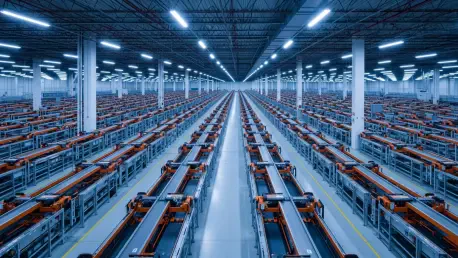
Corporate boardrooms are currently witnessing a silent but profound shift as autonomous agents begin to operate within the very fabric of enterprise architecture, fundamentally altering the traditional hierarchies of management. The emergence of OpenAI’s "Frontier Alliances" marks a definitive

The traditional primary care visit is undergoing a silent transformation where the most proactive member of the medical team often lacks a physical presence or a white coat. Amazon One Medical’s "Health AI" is an agentic system that moves beyond reactive software to independently manage patient

The landscape of American commerce has shifted under the weight of a monumental achievement as Amazon officially overtakes Walmart in total annual revenue for the first time in history. Reporting a staggering $716.9 billion against Walmart’s $713.2 billion, the Seattle-based tech giant has ended a

The contemporary global employment landscape is currently defined by a striking paradox where massive workforce reductions in some sectors coexist with an aggressive, almost desperate search for specialized technical talent in others. This shift represents a fundamental departure from traditional

The rapid integration of artificial intelligence into corporate governance has created a paradoxical landscape where advanced digital tools often operate in total isolation from the human elements they are designed to monitor. In the current landscape of 2026, many organizations have poured

After years of monotonous work stuffing calendars into cardboard tubes, a 28-year-old named Dennis, who has Down syndrome, was offered a position that many would have deemed beyond his capabilities. Hired as a waiter by a restaurant owner who saw potential rather than limitation, Dennis not only
1 2 3 4 5 6 7 8 9 10 11 12 13 14 15 16 17 18 19 20 21 22 23 24 25 26 27 28 29 30 31